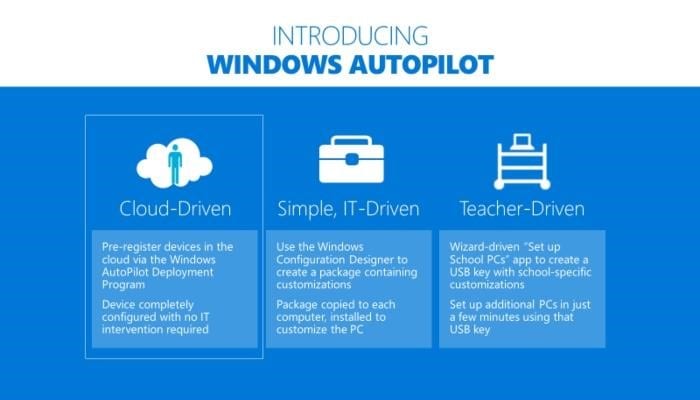Hybrid cloud approaches have seen a steady rise in popularity among organizations. A hybrid cloud approach refers to incorporating the benefits of company-owned private clouds, public cloud services, and the more traditional dedicated hosting services. Each of these has its pros and cons, and companies are starting to take advantage of what each has to offer while also minimizing the potential risks that come attached.
It was the concern over the security of public clouds that have led many to turn to hybrid models, in the first place. For instance, businesses will make use of the privacy and security that private clouds have to offer, while still benefiting from the flexibility and easy scalability of public clouds. Below are some of the main reasons why organizations are steadily moving towards hybrid cloud methods.
More Flexibility
One of the most immediate benefits of such a hybrid system is that it allows companies to manage their applications and databases more effectively. On the one hand, they can host their important data on private clouds and/or dedicated servers, where they will have absolute control. On the other hand, they will use the available public cloud space for faster and easier scalability. They'll be able to test out new applications on the public cloud, determining their feasibility, among other such benefits.
So, as you steadily reach your limit, you can easily and seamlessly migrate entire services and applications to the public cloud. If you do need to scale down, you'll be able to take the same action in reverse. This enhanced flexibility and the ability to mix these functionalities based on your own needs is what draws so many companies to hybrid clouds.
Enhanced Security
When you are using a third-party, public cloud system to store all of your sensitive data, you are leaving yourself exposed to all sorts of possible risks. You will need to take into account all security problems, compliance issues, and performance requirements, which indicates that private clouds are also a good alternative. When using a hybrid cloud, you can choose which services will be on the public cloud and which will remain on the private one. In addition, when you're also using a public cloud, you're not overcrowding your private and secure space.
Lower Costs
An organization that uses a hybrid cloud approach will almost always experience lower costs than a company that is exclusive with either one or the other. Hybrid clouds allow you to pay-as-you-need, meaning that you will have complete control over your IT expenses. You'll still have your backups in the cloud, which further reduce the costs. And with public cloud services, such as Azure or AWS, you can accurately determine your exact requirements without having to overpay for something you won't use.
Innovation Opportunities
With the ability to test and develop new applications on the public cloud, you can focus more of your efforts of this process without having to worry about ever exceeding your limits. This will reduce your potential costs of failure and give you access to an immense potential for scalability. In such an environment, the probabilities of innovation are greatly enhanced without having to sacrifice privacy or security in doing so. You'll not have to rearrange your infrastructure to test out a new service when using a hybrid cloud.
Continued Reading

September 8, 2019
Should You Migrate to the Cloud?
If you're wondering if you should migrate your digital operations […]
LEARN MORE
September 22, 2019
Top Benefits of Windows AutoPilot
Image source: https://www.microsoft.com/en-us/us-partner-blog/2018/02/21/windows-autopilot-deployment-program/ Every time a new Windows device is […]
LEARN MORE
